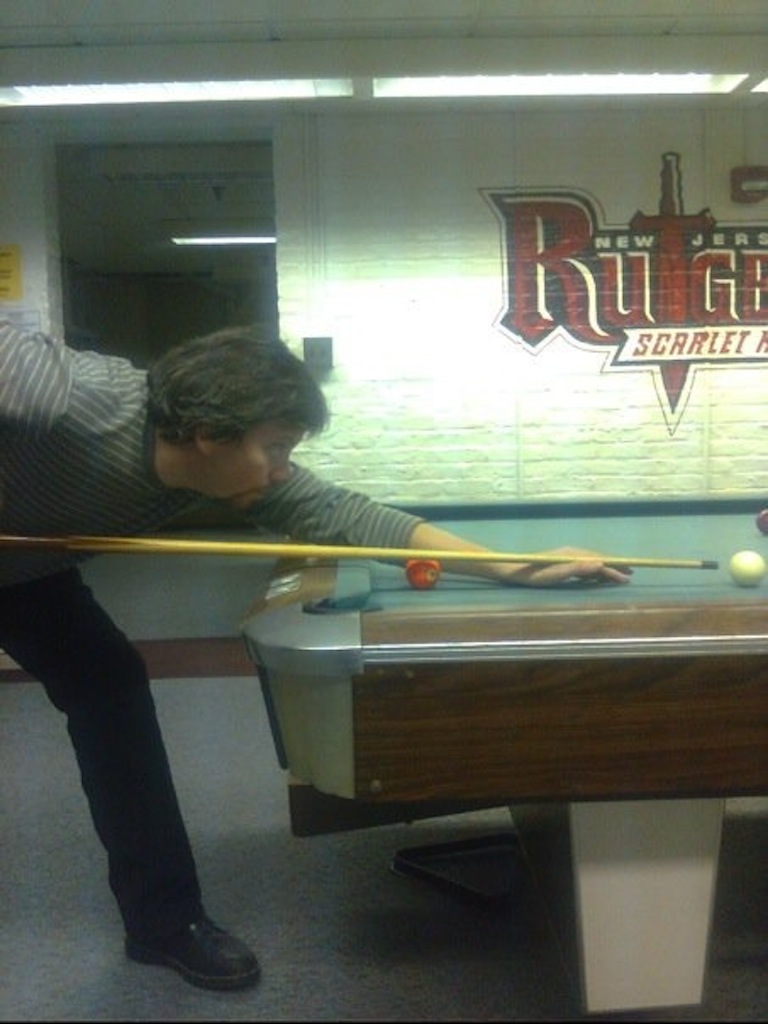Introductory Stuff: Michael Bishop
I’m Mike Bishop. I teach philosophy at Florida State University. And I thank the editors for inviting me to cause trouble here at The Brains Blog by writing about The Good Life: Unifying the Philosophy & Psychology of Well-Being (Oxford University Press, 2015). TGL tells a story: Once upon a time, Philosophy …

